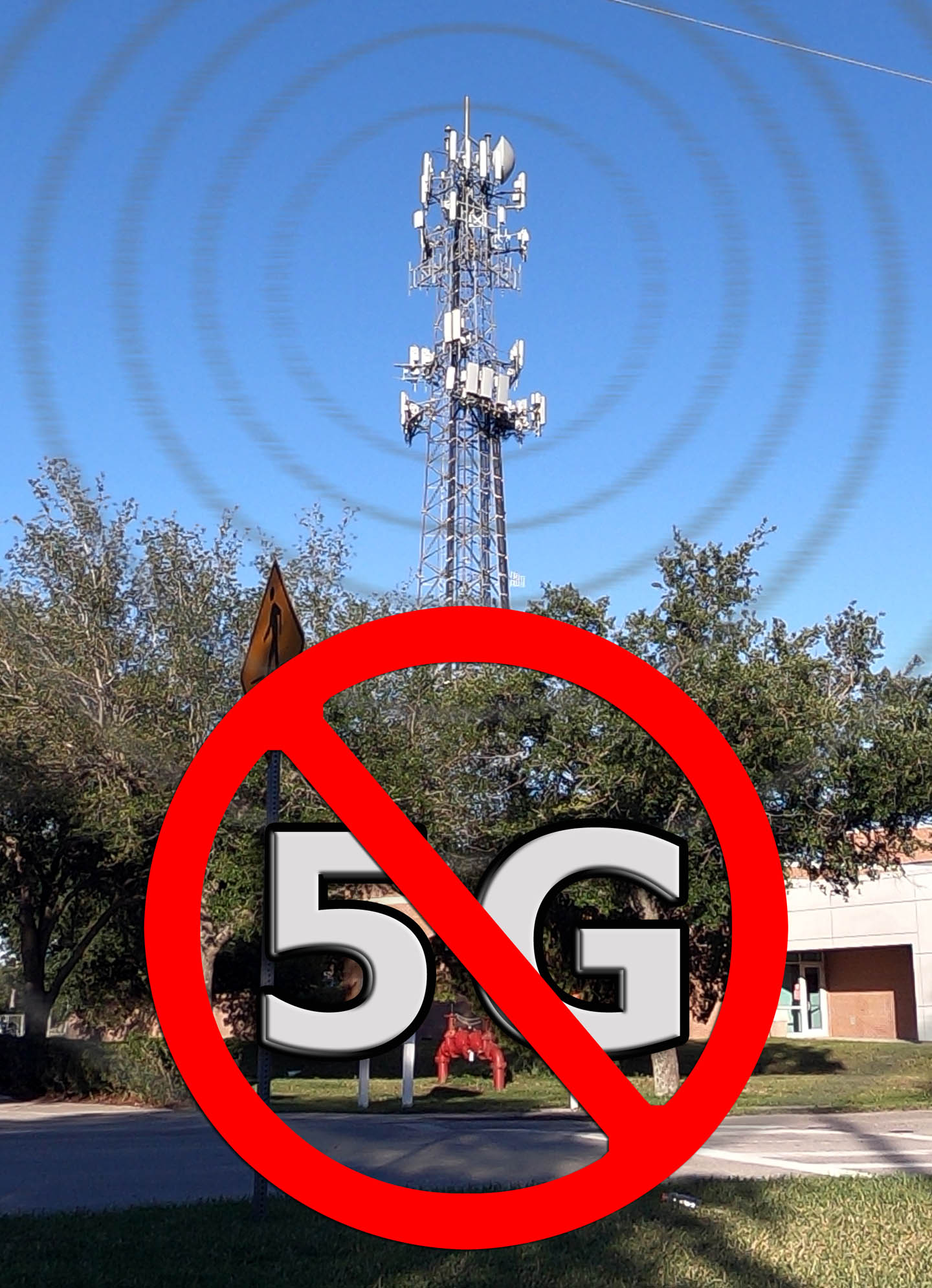5g cell towers are new kind of antenna that's being utilized by wireless companies to offer internet-based services. They are more powerful than 4g towers, and can be bigger and stronger.
Cities are increasingly concerned that these towers may harm their residents. The concerns are related to health, privacy and aesthetic issues.
They're Bigger
With 5G, the speed that radio waves travel through is higher than 4G. This means it needs more towers to transmit data. This can increase the amount of radiation that can be emitted into the environment.
This is a major worry for HOA communities as well as real property investors, and others concerned about the negative health impacts. https://canvas.instructure.com/eportfolios/1972452/Home/How_you_can_Wear_Clothes_in_order_to_avoid_EMF are concerned that the addition of more 5G towers could lower the value of properties and adversely affect public health.
The only solution to this issue is to change the way we communicate by using WiFi instead of the traditional cell networks. This isn't going to happen overnight however it will happen eventually.
But how will that be accomplished? What can we do to make it safer? The answer lies in the technology of a cell tower called small cells.
They're More Expensive
If you're living in the city, you've likely observed large towers of cellular equipment that are atop masts and other structures. These are cell towers with 4G and they're used to provide wireless networks to the surrounding areas.
They're typically between 50 and 200 feet tall, and they're made to blend into the surrounding environment, reducing their visual impact. Compared to 4G, 5G technology requires more dense tower coverage to cover a wider area.
The dense cell sites could be difficult to maintain as they must be continuously active and offering high speeds. In the end, they're more costly than other types of towers.
If faraday hats 're a tower owner or mobile network operator, it's logical to upgrade your existing towers to 5G in anticipation of new technologies coming to market. Incorporating these latest technologies into existing websites will enhance the capabilities of your site and eventually increase profits for you.
They're more dangerous
What is it that makes 5g towers bad?
One of the biggest concerns about 5g towers is that they emit more radiation than other types of towers. They have to be placed in a more dense manner across an area to ensure that they are covered.
The RF waves generated from cell phone towers don't contain enough energy to harm DNA directly, or even heat tissues of the body, however they are able to break down chemical bonds in DNA, which could damage cells and cause cancer.
It is a reason to be concerned about the possibility that living close to 5G towers could result in negative health consequences.
This is because the 5g towers tend to be located near schools and homes, in areas where they transmit radio frequency waves constantly. They will be closer to you than ever before, and it's more likely that radiation will be absorbed by your body.
They're not necessary
5G networks depend on a brand new segment of the radio spectrum to transmit data. These are referred to as millimeter waves. They're shorter than conventional radio waves, at less than 1 to 10 millimeters in length, so they have a higher frequency and are able to transmit more power.
To deliver faraday hat -fast speeds and low latency 5G promises, you need to have a massive number of towers. This requires a lot of masts that provide coverage to cities, roads, business districts, colleges as well as farms.

There are alternative options for delivering speedy internet services in heavily populated regions. One possibility is to construct a series of tiny cell sites that are densely spread to eliminate coverage gaps.
But a major concern is where these tiny cells will go and the impact they'll have on residents. Local authorities and residents are trying to find ways to block these installations or prevent them from happening in their communities.
